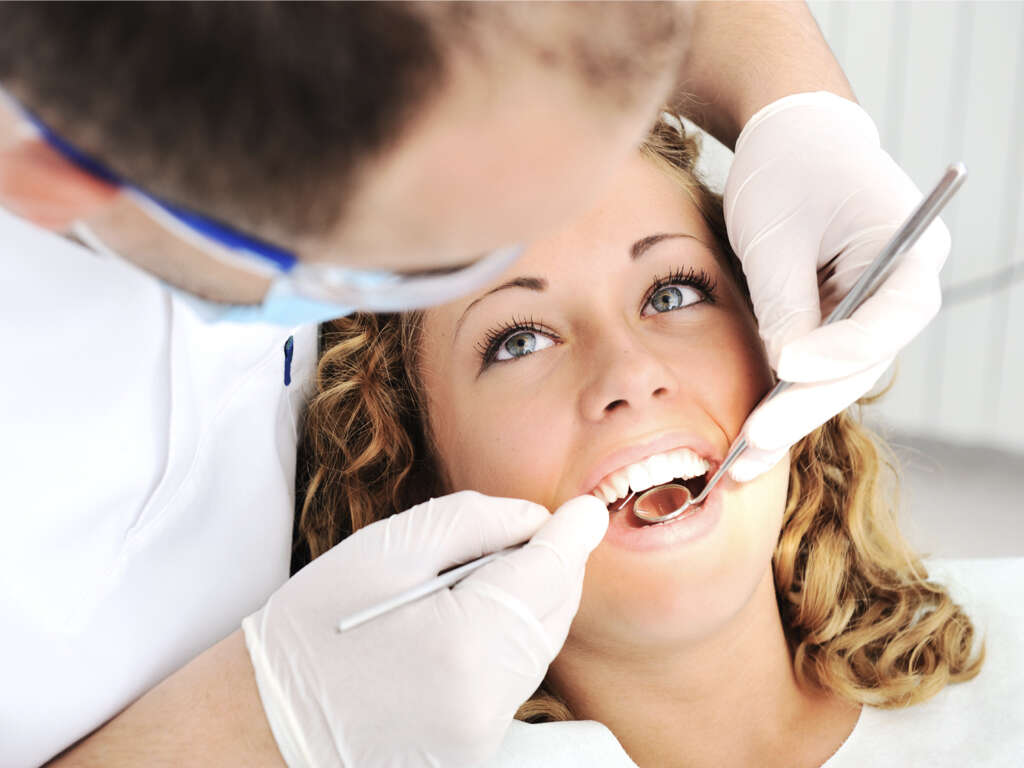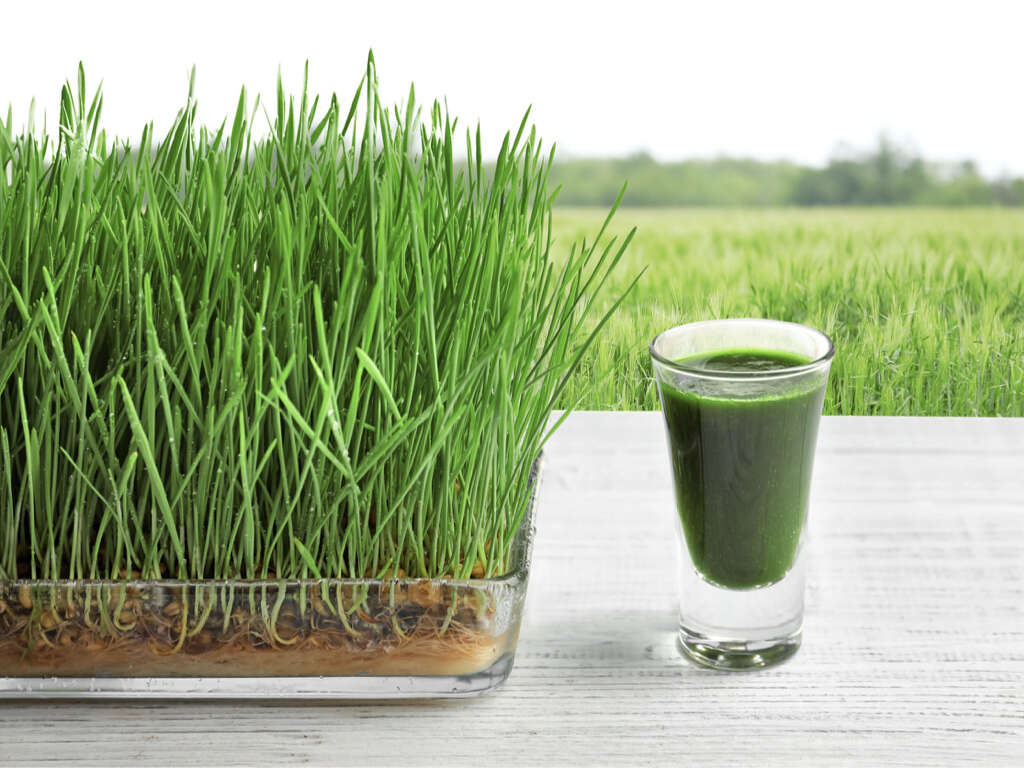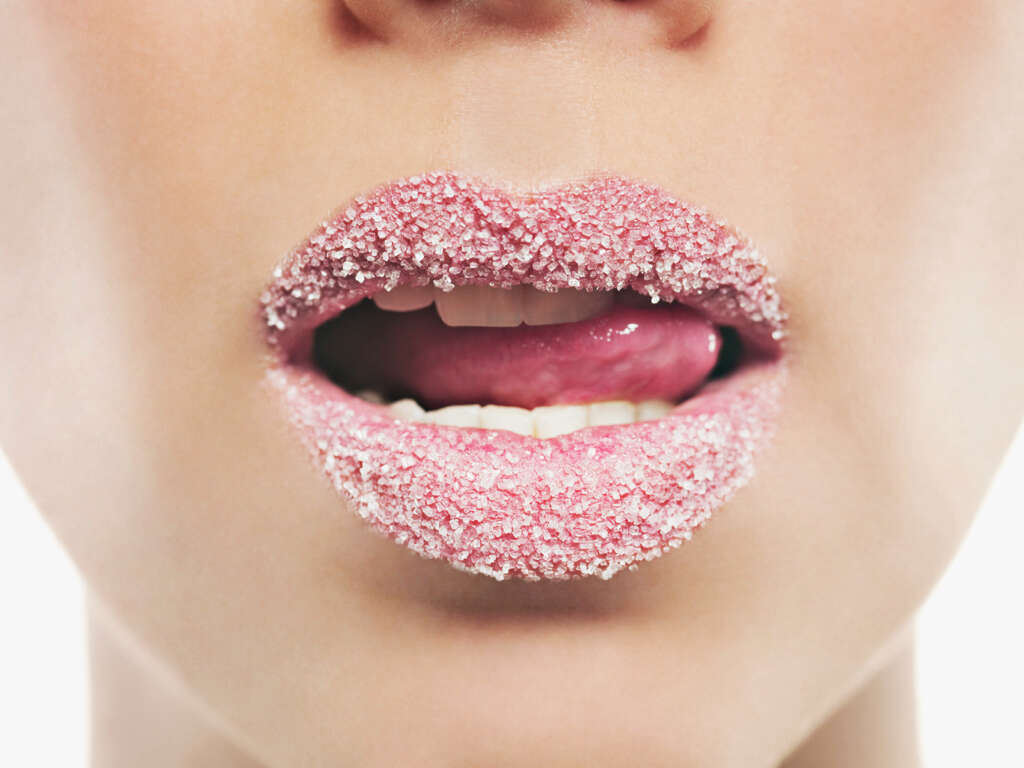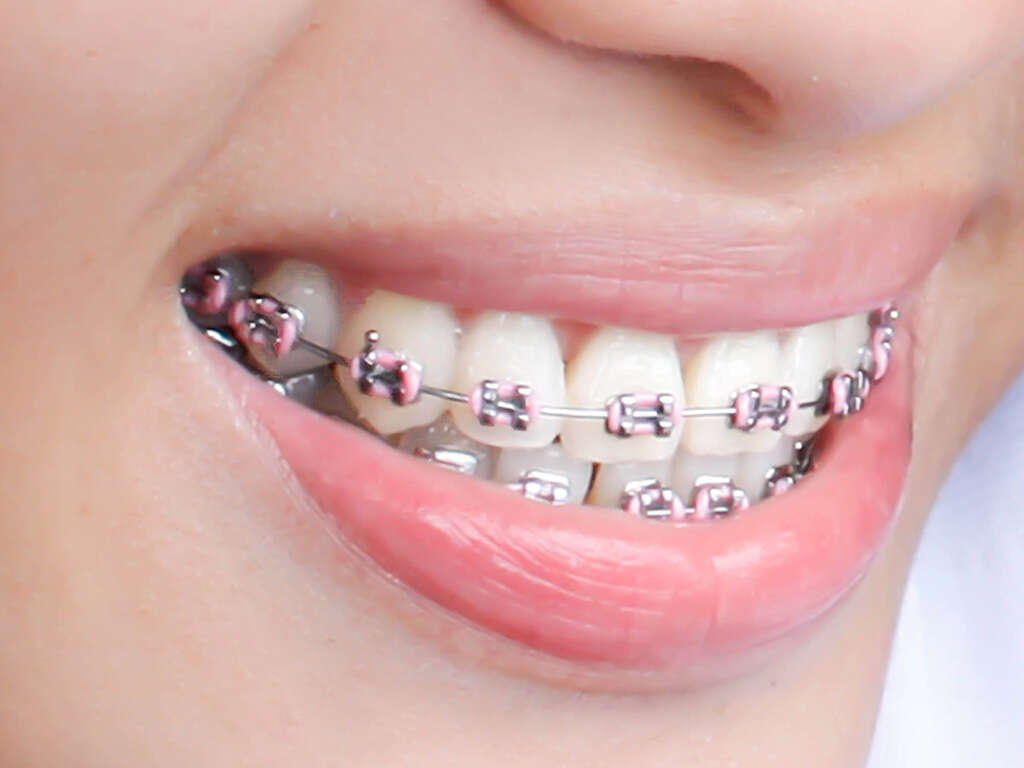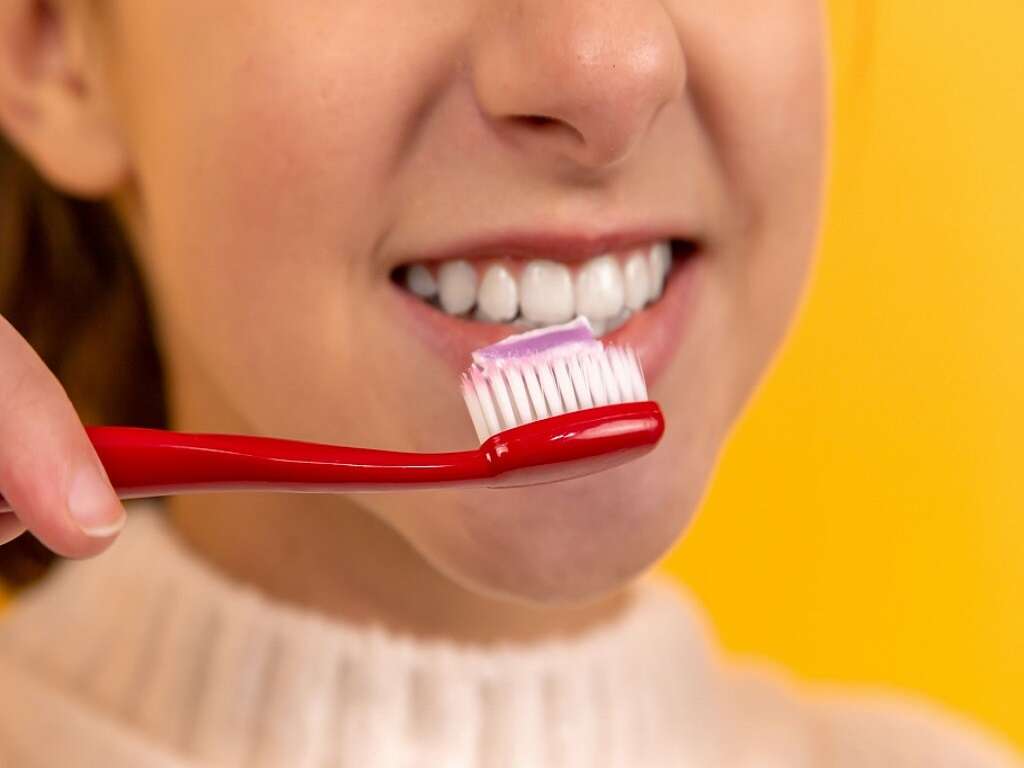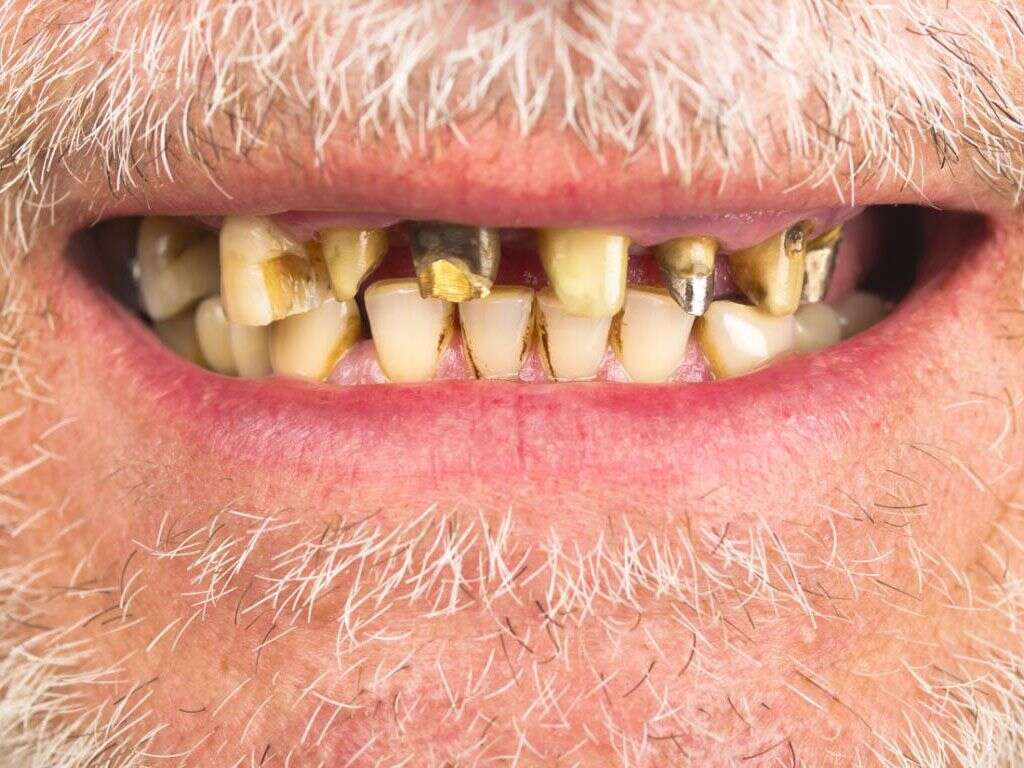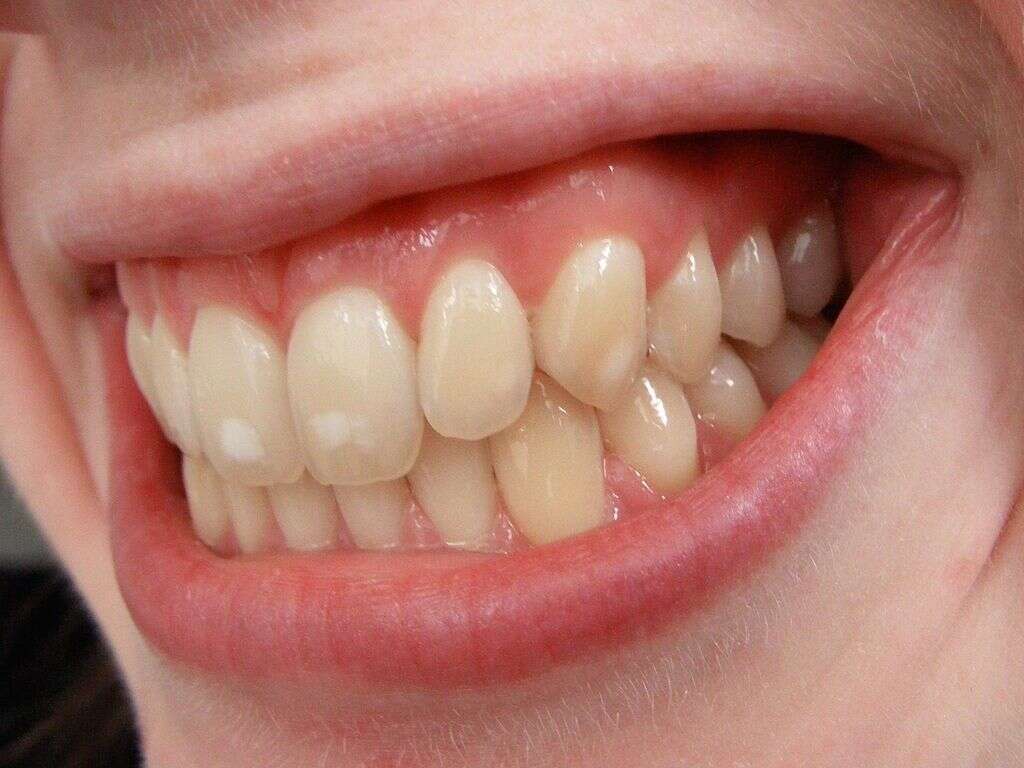10 Cavity Symptoms
Our teeth are made from tough stuff. They have to be, after all, they need to be able to tear and chew our food and also stand up to bacteria and chemicals in the mouth. As tough as they are, though, they are not invincible and cavities can occur. Cavities are recesses in the teeth that have been caused by corrosive acids produced by bacteria.
Cavities can cause considerable pain and lead to other symptoms. If you do have cavities then you should arrange to speak with a dentist as soon as you can. Surgery may be necessary, and the procedure can be very uncomfortable, but the discomfort is well worth it. Dental surgery can also help to enhance your appearance as well as relieving symptoms.

Symptom #1: Toothache
Most of us have experienced a toothache at some point in our lives. If we are lucky, the pain is uncomfortable but bearable but, for some people, it can be an agonizing experience. A toothache is a good sign that there is something not right with your teeth and that you should arrange to see a dentist.
A toothache is one of the most common indicators that you have a cavity. If the pain is severe enough, you will likely find yourself headed to the dentist regardless of the suspected cause. While painkillers can help to relieve the pain, they are not without their risks and should only be used with care.
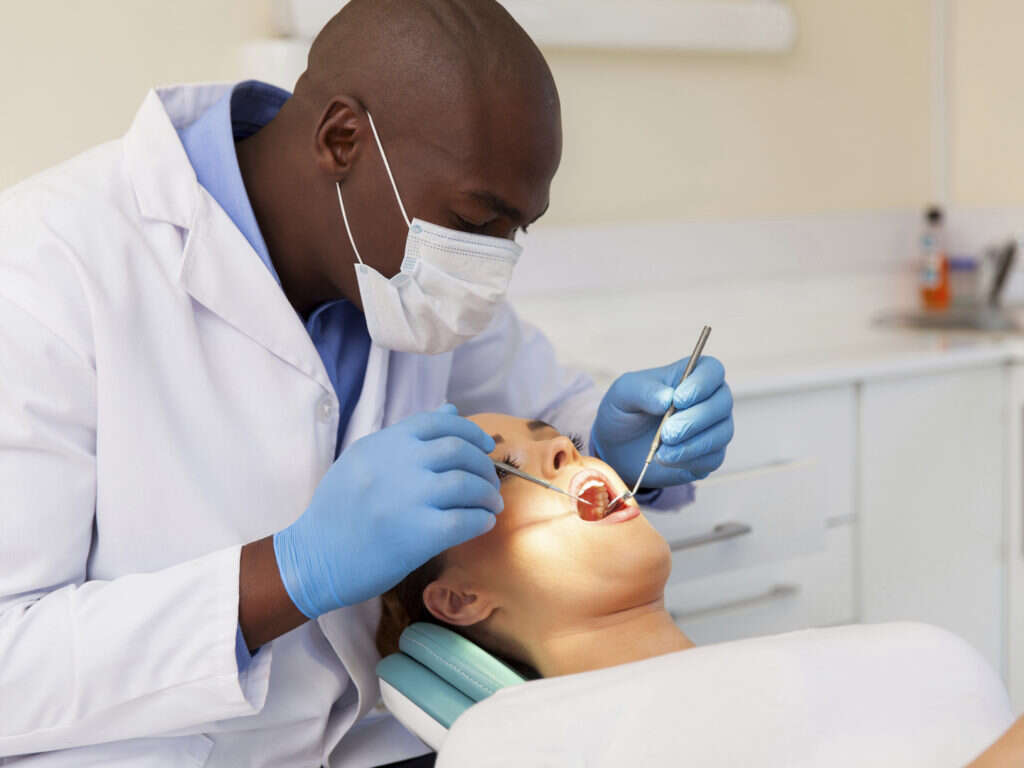
Symptom #2: Sensitive Teeth
Sensitive teeth differ from a toothache a little because whereas a toothache is constant, a sensitive tooth is triggered by certain stimuli. Such stimuli are often hot or cold foods while sugary foods can also sometimes cause pain. It is a common symptom of cavities and can be very painful for the patient.
Sensitive teeth are fairly common even among people that don’t have cavities or other problems. We generally just learn to avoid cold food where possible if it causes pain and it will usually not cause any other problems. Sensitivity to hot food is less common, though, and a strong indicator that you do have a cavity.

Symptom #3: Bleeding Gums
Our gums are made of very soft and sensitive tissues and it can be very easy to make them bleed. It is not uncommon for us to spot some blood when we are brushing our teeth and this might be caused by the brushing itself. Sometimes, though, it can be a sign that there is something wrong in your mouth.
If your gums are bleeding regularly then you should take notice as it could be a sign of a problem such as tooth decay. In addition to being a symptom of tooth decay, bleeding gums are also a sign of gum disease, which could lead to considerable problems. If the amount of blood coming from your gums is causing you concern, you should arrange an appointment with a dentist.

Symptom #4: Cracks and Chipping
Our teeth are made of strong stuff, strong enough to withstand the chewing and biting they are expected to do on a daily basis. They are not invincible, though, and they can begin to break if all is not well. If one of your teeth is getting cracked and chipped it could be a sign that you have a cavity.
The exterior of the tooth will have no nerve ending, meaning you may not even feel it when a tooth does become cracked or chipped. If it continues, though, then you risk exposing nerve endings in the centre and this could prove to be very painful indeed. If your teeth are getting chipped or cracked for any reason, you should arrange to speak with a dentist.

Symptom #5: Stuck Food
It is not a good idea to have food hanging around inside the mouth for too long. It will encourage the growth of bacteria which can cause plaque and decay, so regular brushing to remove food particles is recommended. This is fairly easy, though, partly because the surfaces of the teeth are quite smooth.
If you have a cavity, then food particles can get stuck in the cavity, making them difficult to remove. This can exacerbate the problem and is something that should not be ignored. If you are having difficulty maintaining good oral hygiene for any reason, you should arrange to speak with a dentist.

Symptom #6: Bad Breath
Bad breath is a common problem even among people with healthy mouths. It is caused by the build-up of bacteria and regular brushing and anti-bacterial mouthwash can be necessary to control the levels of bacteria in the mouth. Although it can occur in healthy mouths, bad breath can also be a sign that something is not right.
Cavities are caused by bacteria on the teeth that produce acid, which eats away at the enamel and other layers. The resulting cavity is a haven for bacteria and this could result in an unpleasant odor. While brushing will help, it is best to try and treat the cause as soon as possible.

Symptom #7: Mouth Sores
The tissues in our mouth are very soft and potentially prone to infection from bacteria and pathogens. Thankfully, though, our immune system helps keep us safe but our immune system is not invincible. If there are more bacteria present in the mouth than usual, then we’re at a greater risk from developing infections.
Mouth sores are more likely to develop when there are cavities because there are more bacteria present than usual. Regular brushing and mouthwashes can help reduce the occurrence of sores. Remedies are available to treat the sores themselves. If you have cavities, the best way to prevent sores is to arrange an appointment with the dentist so they can treat the cavities for you.
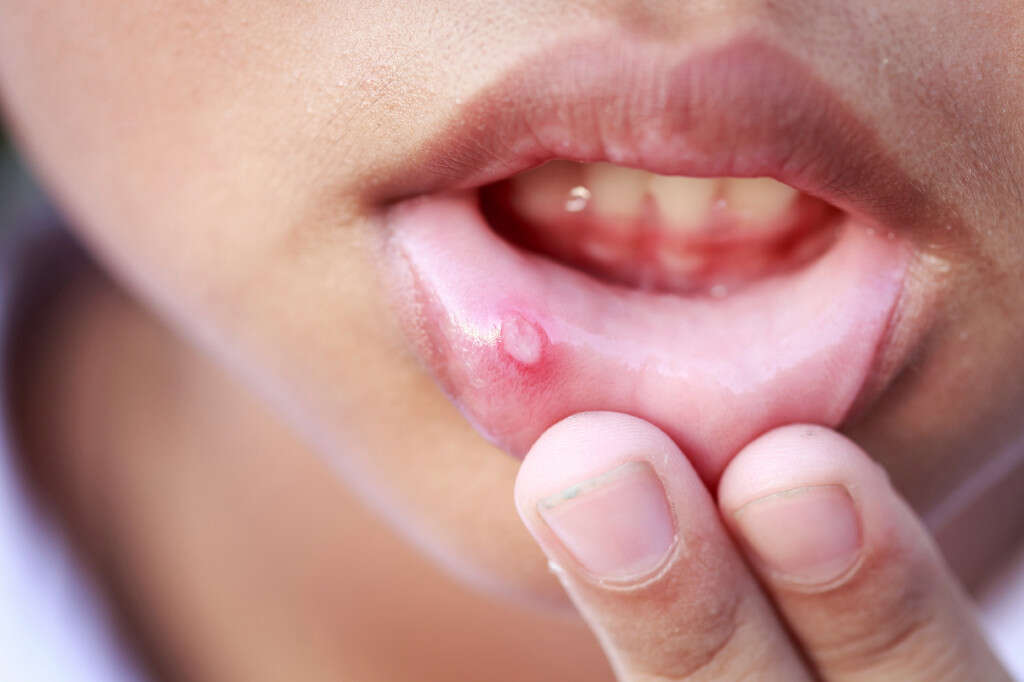
Symptom #8: Blackened Teeth
Teeth are solid and we are unable to see through them. They are also usually white thanks to the strong protective enamel they are coated with. Although teeth can become stained yellow through food, drink and smoking, this does not necessarily mean there is a bigger problem. If they become black, though, it’s a sure sign you need to see a dentist.
Cavities hollow out the teeth and cause them to become black inside. This black decay material can sometimes be seen through the enamel, making your teeth appear very dark. As well as being unsightly, decayed teeth could also lead to various complications.
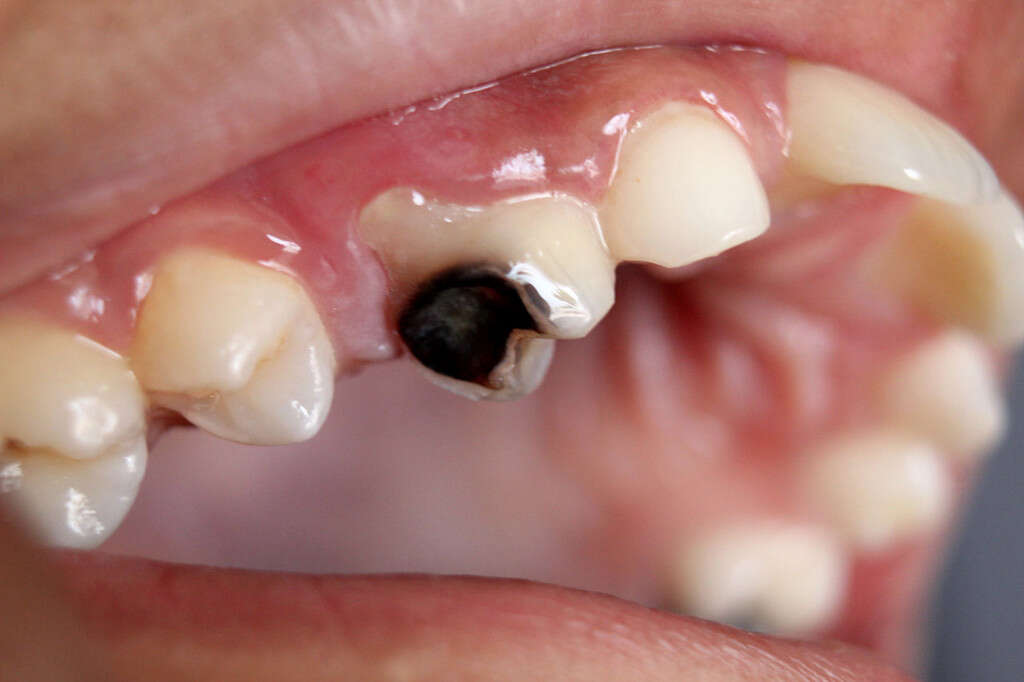
Symptom #9: Dry Mouth
The saliva in our mouths does a lot more for us than many people realize. It helps with the process of mastication, which is one of the first processes of digestion and also protects the mouth from pathogens. It also helps maintain the chemical balance in the mouth, helping to prevent the build-up of acids that can destroy the teeth.
Such is the effectiveness of the saliva in protecting our mouths that a dry mouth can lead to problems. With insufficient saliva present, acids are not neutralized and will gradually eat away at the teeth. This means that a dry mouth can be the cause of a cavity as well as a symptom.
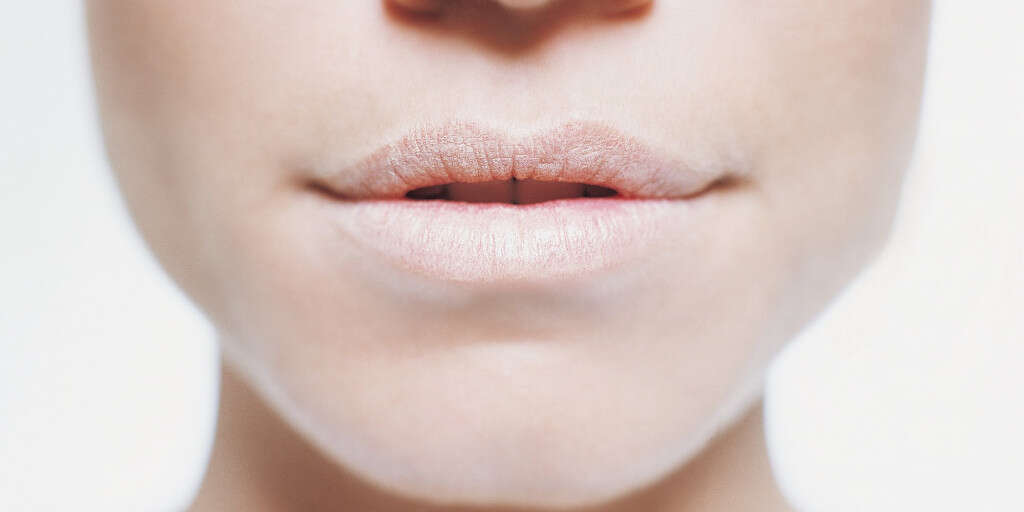
Symptom #10: Jaw Pain
The jaw is a muscle-packed piece of biological machinery that is ideal for the job of biting and grinding food. The muscles operating the jawbone help the jawbone to exert the forces we need to be able to break up our food. If something goes wrong inside the mouth, though, then the jaw can feel it.
Pain caused by cavities can radiate out through the jawbone, causing you to feel pain along the jaw itself. Decayed teeth can also affect the way you eat which could put added pressure on the jawbone and muscles, adding to any pain. If your jaw is hurting then you should make an appointment to see a dentist.




